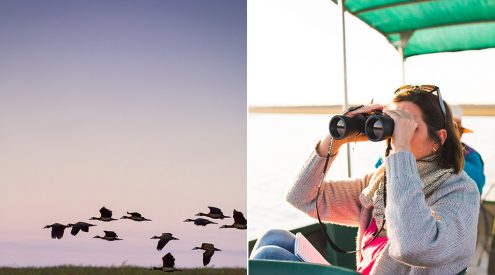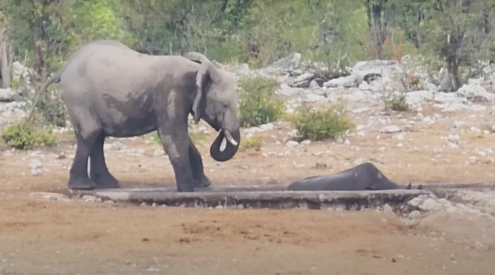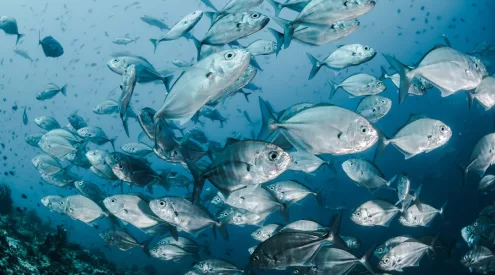Smell a rat? Well, they can smell you, and a lot more than that. Rats could prove to be the most effective frontline soldiers when it comes to detecting pangolins in airports and shipping containers, and combating the illegal wildlife trade.

Pangolins are the worlds most trafficked animal, accounting for as much as 20% of the illegal wildlife trade. Thankfully, the Environmental Wildlife Trust (EWT) and NPO, APOPO, have teamed up in an innovative programme to halt the wildlife trade.
This innovative programme involves the training of African giant pouched rats to identify pangolin shipments. This is not the first time rats have been trained to fulfil such a role.
Historically, rats have been trained to sniff out landmines and can prove more effective than dogs in some circumstances. Their small size means that they are too light to detonate a bomb and they can also maneuver between crates and bags more easily.
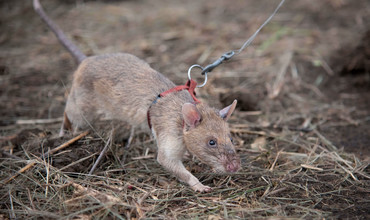
APOPO is an NPO in Tanzania that trains the African Giant pouched rats to detect landmines and tuberculosis, aptly naming them ‘HeroRATs.’ Expanding their olfactory abilities from detecting explosives and TB, these rates will now join the fight against wildlife trafficking.
The rats are extremely intelligent, with each rodent wearing a special vest equipped with a small ball. When they smell a pangolin, they pull on the ball which flips a microswitch alerting the handler.
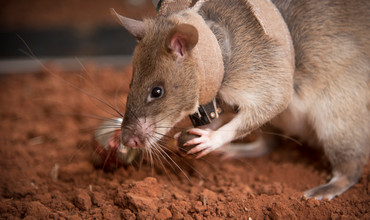
In early 2020, the Pangolin Crisis Fund (PCF) made a grant to APOPO in partnership with EWT to advance the program from the lab and towards real-world development.
With PCF funding, EWT and APOPO have been developing relationships with port authorities with the aim of introducing these rats Dar es Salaam seaport, a major hub for wildlife products going from Africa to Asia.
Pictures: APOPO
ALSO READ

